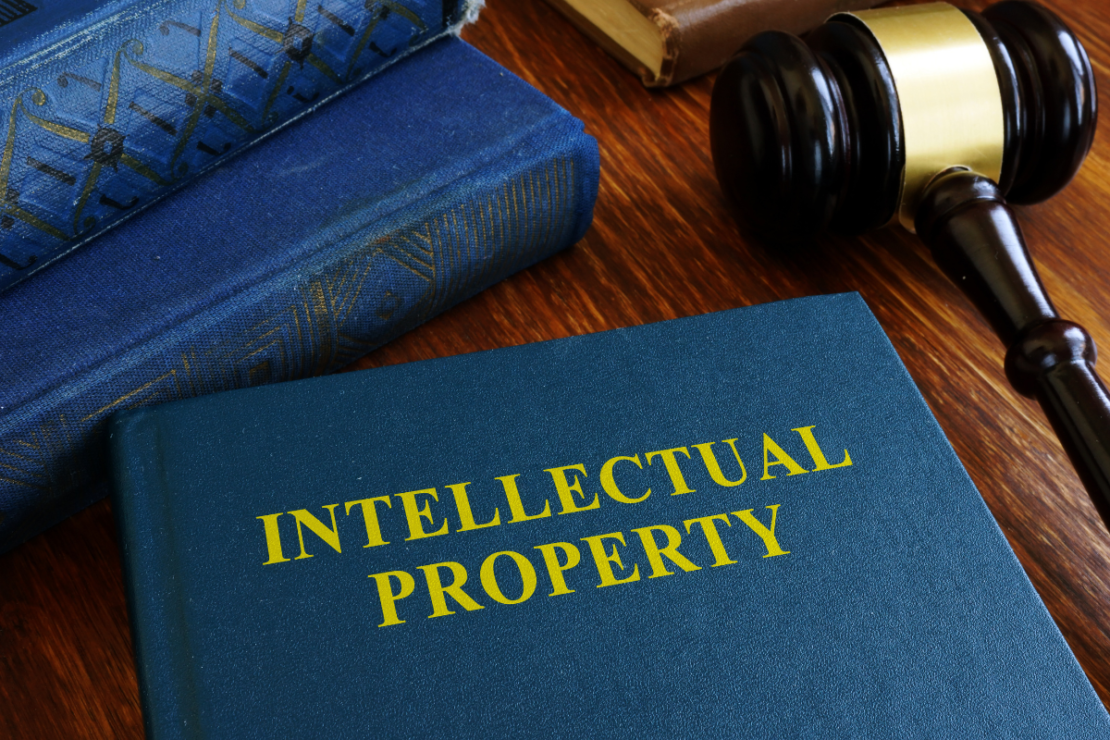
As a new business owner, you’ll no doubt have spent hours upon hours perfecting your new product or service.
So, like any aspiring entrepreneur, it’s only natural if you’re somewhat anxious about ensuring nobody steals your revolutionary new idea.
Afterall, without proper protection of your intellectual property (IP), your hard work and investment can easily be exploited or copied by competitors.
This is where understanding more about IP and how to protect your ideas can help you rest assured that all of your hard work is safe and secure…
What is intellectual property (IP)?
Intellectual property is a term used to describe creations of the mind, such as inventions, literary and artistic works, designs, symbols, and names used in business.
It is an intangible asset that gives the creator exclusive rights to use and profit from its work. These rights can be enforced through legal action and can last for a set amount of time, depending on the type of IP protection.
Why is it important for start-up businesses?
As a start-up, your IP can be one of your most valuable assets. Protecting it not only helps you to secure your competitive advantage in the market, but also attracts potential investors and business partners.
Investors are more likely to invest in companies with protected IP assets as it reduces the risk of competitors stealing your ideas and reduces the risk of legal future disputes as and when your product or service hits the market.
How can IP help ensure those setting up in business can protect their ideas?
There are various ways to protect your IP depending on the type of creation. The four main types of IP protection are patents, trademarks, copyrights, and designs.
Some types of intellectual property are automatically protected, however others you have to apply for.
Below, we break down each form of IP and the criteria for each…
Patents
A patent is a form of legal protection for inventions. It gives the inventor the exclusive right to make, use, and sell inventions for a certain period.
The patent system encourages innovation by rewarding inventors for their hard work and investment. The application process for a patent can be complex, and it is essential to seek legal advice to ensure your application is thorough and detailed.
Trademarks
A trademark is a recognisable symbol or word used to identify a product or service. It can be a logo, a brand name, a tagline, or a combination of these elements.
Trademark registration provides the owner with the exclusive right to use the trademark and prevents others from using a similar mark that could cause confusion in the market.
Copyrights
Copyright is a form of protection for literary and artistic works, such as books, music, videos, photography and software. It gives the creator the exclusive right to reproduce, distribute, and display their work for a certain period. Copyright protection is automatic, and the work does not need to be registered.
Designs
Design within intellectual property is the protection of the appearance of a product. This includes the product in its entirety or a part of a product which is uniquely identifiable and differentiates from others on the market, such as the colour, shape, texture, material or its ornamentation.
What IP support is available to small businesses?
If you’re setting up or own a small business in the North East of England, then you could be eligible for free advice and support to help you get to grips with all things IP.
Here at the BIC, our expert business advisers are always happy to chat with aspiring entrepreneurs and small businesses to help them overcome any barriers to growth.
We also host free drop-in Intellectual Property Surgeries on the first and third Friday of every month in partnership with the Business & IP Centre North East (BIPC).
So, if you’d like to learn more about IP and ensure your ideas and products remain yours, book on to one of our workshops today!